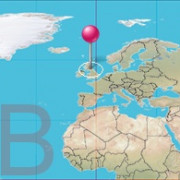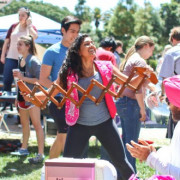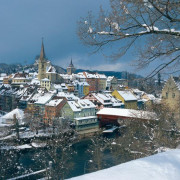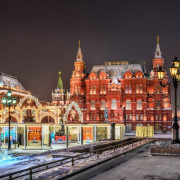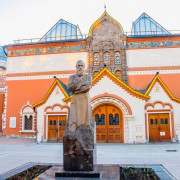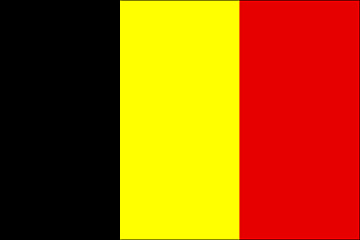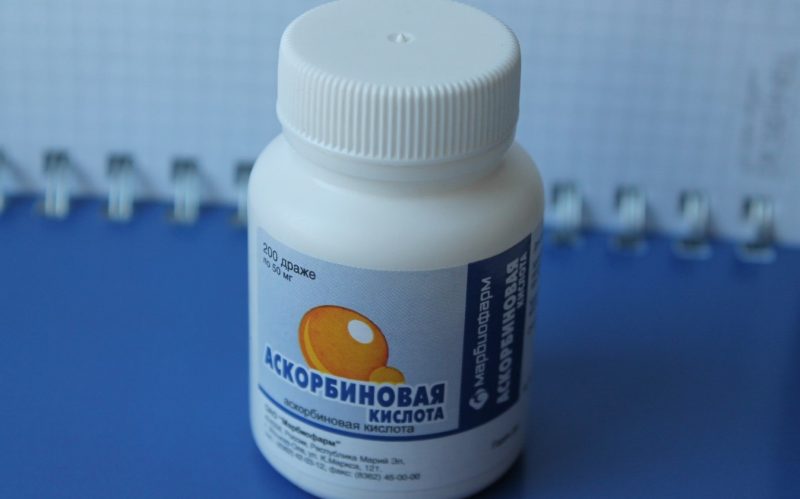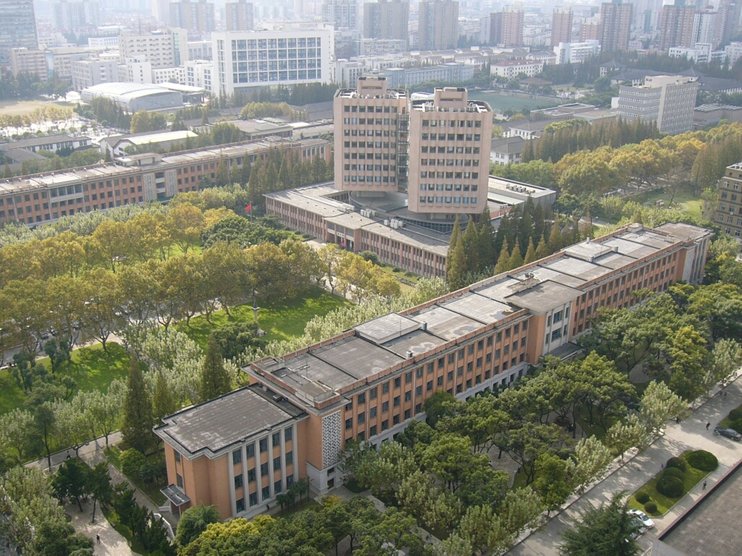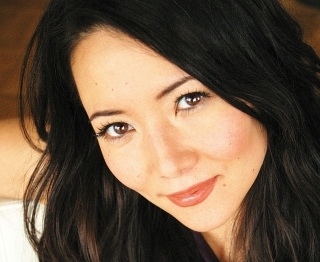Top-100 prestigious british universities that offer higher education in great britain for foreign students
Содержание:
- Вы здесь
- Research your career
- Ворота Святого Креста
- The role of assessment in higher education
- Assessment Analysis and Evaluation
- Uk Select a Country
- Level 2
- PhD applications
- Vocational Education
- The Assessment Plan
- Университеты мира
- Master’s in the US — Graduate
- General Secondary Education
- Пожалуйста, помогите c переводом:
- Feedback & grading design
- Bachelor’s degrees
- Work while studying in the US
- Related Links
- Этимология
- Pre-school Education
- Student visa to the USA
- What is the EU doing to ensure the relevance of higher education?
- Higher Education
Вы здесь
Главная » Абитуриенту
Research your career
Choosing what career is right for you is an opportunity to look at what kind of person you are, what kind of life you want and how you can achieve your goals in the real world.
Before making any career decisions it may be helpful to research the following areas to help you decide on your potential career direction:
- skills and entry requirements
- future options with your subjects/qualifications
- vacancies that employers find hard to fill
- where jobs are advertised (local or abroad)
- skills in demand – where the jobs are now and likely to be in the future
- Life and work after graduation
- How the Careers Service can help you
Ворота Святого Креста
The role of assessment in higher education
In the first week of this course you’ll get insight in some basic but fundamental questions about assessment. Why do we assess in higher education? What are possible positive and negative effects of assessment? And in what way can we make an effort in choosing the most appropriate assessment method(s). Some leading experts on assessment are introduced to you and might enlighten your thoughts. Additionally, you will be introduced to the Utility formula, which will assist you in making purposeful assessment choices.
Hours to complete
3 hours to complete
Reading
7 videos (Total 54 min), 3 readings
See All
Assessment Analysis and Evaluation
When an assessment has been conducted, there is often a lot of time pressure on grading and publishing the results. However, an important step to take before communicating grades to students is to analyse students’ performance on the different tasks or questions. This will provide you, as an examiner, with invaluable information. Not only about your students’ performance, but also about the quality of your assessment as well as your own teaching. On which aspects did students perform well, and where did they fail? If good students fail on certain questions, what does this say about the question… or about your teaching? You may need to decide on how to fix certain errors or unexpected situations and think about how this affects students’ grades. What are the things to consider when performing an exam or item analysis? What do you look for? How do you draw conclusions and make plans for future improvements?
Hours to complete
3 hours to complete
Reading
4 videos (Total 20 min), 5 readings, 1 quiz
See All
Uk Select a Country
Level 2
Specialist Degree
 KFU
KFU
Unlike Bachelor’s Degrees, Specialist Degrees are more focused on practical work in industry according to the selected discipline. These programmes are offered to individuals who have education equivalent to Russian general secondary or vocational secondary education. The course lasts for a minimum of 5 years. Based on the examination results and thesis defence, a Specialist Degree certificate specifying the qualification (e.g., «Astronomer,» «Teacher,» «Information Security Specialist,» etc.) may be issued. Graduates of a Specialist Degree may work in industry or further their studies on a postgraduate course. They might as well take a Master’s course.
Master’s Degree
This allows in-depth specialisation in the student’s chosen field. Bachelor’s and Specialist Degree holders can enrol in Master’s Degree courses. The course lasts at least two years and involves training students for research work. Students defend a thesis which, if successful, leads to a Master’s Degree certificate and the qualification of Master.
Graduates of Master’s Degrees may work in industry or further their studies on a postgraduate course.
PhD applications
Vocational Education
After school children in Russia have a wide choice of educational institutions where they can obtain vocational education, whose aim is to train qualified workers.
After graduating grade 9 or 11, children can enter a technical school or college. There is one feature: if children enter a college or technical school after grade 11, their training will take shorter time, as they have already completed a program of general secondary education at grades 10 and 11.

In what way a college is different from a technical school?
The level of education at college is considered to be higher than at technical school, as the system of education there is similar to higher education. Technical schools are more specific, and the level of education there is considered to be basic.
The Assessment Plan
As research shows, assessment plays an important role in steering the learning process. There is, however, not one best method of assessment. So, how can you select the right methods of assessments for your course? Making an assessment plan can help you select the right testing methods and decide on the relative weight of each assessment for the final result of a course. An assessment plan also helps to ensure that the assessment addresses the intended learning outcomes. In addition, it provides a good overview of the test arrangement for a course that will be published in the course manual. This makes an assessment plan a helpful tool for examiners and an important instrument for quality assurance. With an assessment matrix, you ensure that all the selected learning objectives are covered in your assessment. This also helps to ensure that your assessment will be both valid and reliable.
Whereas making an assessment matrix may feel like additional work, using it will actually save you time as you will develop questions and assignments that exactly match your learning objectives and you avoid the risk of formulating too many questions that are aimed at the same content or skill.
Hours to complete
3 hours to complete
Reading
12 videos (Total 55 min), 12 readings
See All
Университеты мира

EDHEC Business School
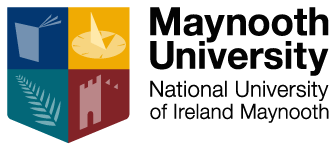
Maynooth University
Университет Оксфорд Брукс
Университет Твенте
IUBH
International Business School — Budapest
Curry College
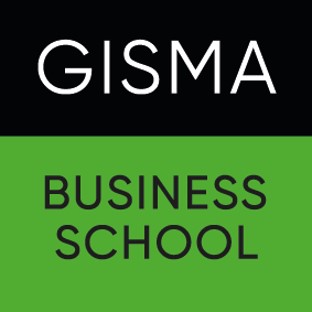
GISMA Business School

Lund University
Royal Holloway, University of London
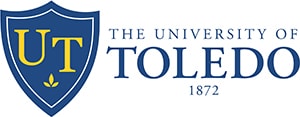
University of Toledo

Йоркский университет
Университет Гринвича
Университет Дарема
Университет Ковентри
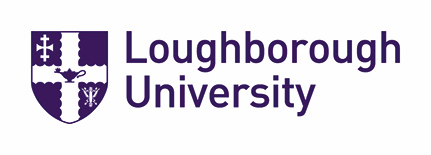
Университет Лафборо
Университет Рединга
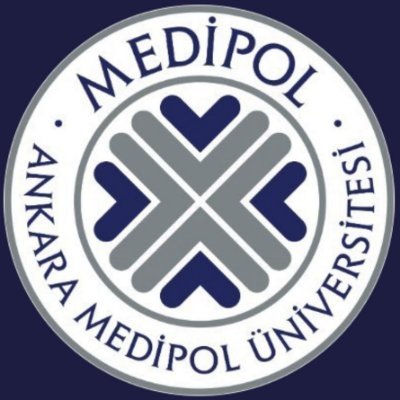
Ankara Medipol University

CBS International Business School

European School of Economics
Swiss School of Higher Education
Голдсмитс, Лондонский университет
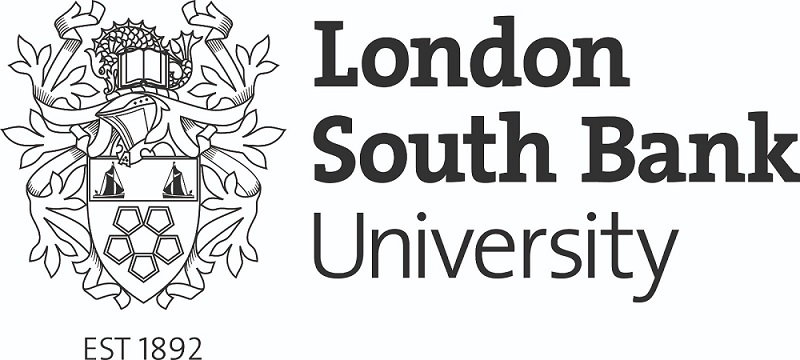
Лондонский университет Саут Бэнк
Hull, University of

Chester, University of

Learn Direct
London School of Design and Marketing

New York Film Academy
Normandie Business School
EDHEC Business School
Maynooth University
Университет Оксфорд Брукс
Университет Твенте
IUBH
International Business School — Budapest
Curry College
GISMA Business School
Lund University
Royal Holloway, University of London
University of Toledo
Йоркский университет
Университет Гринвича
Университет Дарема
Университет Ковентри
Университет Лафборо
Университет Рединга
Ankara Medipol University
CBS International Business School
European School of Economics
Swiss School of Higher Education
Бристольский университет
Голдсмитс, Лондонский университет
Лондонский университет Саут Бэнк
Hull, University of
Chester, University of
Learn Direct
London School of Design and Marketing
New York Film Academy
Normandie Business School
Master’s in the US — Graduate
Master’s degreeGPA
- Academic Master’s are less specialized equivalents to taught Master’s in other countries. Academic programs in the United States do not narrow the subject area but offer a comprehensive study of the discipline at an advanced level. Modules (courses) can be mandatory (core subjects and research methodology) and elective (following students’ specific interests). At the final stage, students move on to a dissertation stage, which means conducting an independent study with the support of a supervisor.
- Professional Master’s provide vocational skills and technical training necessary for future professional careers. They are characterized by a strict syllabus with fewer electives. Professional graduate schools (business, medical, law, etc.) often have partnerships with employers, which affect the content of educational programs and increase their prestige. The result of training is a formal internship in a relevant company or organization.
- A bachelor’s degree in a relevant field;
- Minimum GPA equivalent to American 3.0/4.0;
- Minimum language proficiency TOEFL iBT 78 or IELTS 6.5.
- A certified copy of your diploma (degree) with a transcript;
- GRE or GMAT results;
- TOEFL or IELTS certificate;
- Letters of recommendation from teachers;
- Motivational letter.
General Secondary Education
According to the law of the Russian Federation, general secondary education includes:
- Primary general secondary education (from 6 to 10 years of age, 1-4 grades)
- Basic general secondary education (from 10 to 15 years of age, 5-9 grades)
- Complete general secondary education (from 15 to 17years of age, 10-11 grades)
When a child turns 6 years old, he/she starts obtaining primary general education. Children can go to a school, gymnasium, or lyceum. Gymnasiums and lyceums are different from schools as they provide advanced training, or they introduce additional study subjects which will be useful for the students who are planning to enter higher educational institutions.

After completing primary secondary education, children at the age of 10 undergo basic general education. It lasts for 5 years. After grade 9 students receive certificate of general education which allows them to continue their education at grade 10 at school, gymnasium, or lyceum.
Complete general secondary education is the last stage of general education which lasts for 2 years. Then, at grade 11 students take examinations and receive certificates of complete general secondary education.
Пожалуйста, помогите c переводом:
1. Lol when @hartdenton develops his coachella polaroids
2. Usting @melton as my bitch for gueen
3. Trying to pack for LA
4. Fresh nails wha dis
5. Me once my motor cycle license is done this summer
6. So cute
7. The detail. . . even down to my snake rings. . . Amazing!
Английский-Русский
1. The ENIAC (1943-1946) The first all-electronic computer, the Electronic Numerical Integrator and Calculator (ENIAC) was developed at the Moore School of Electrical Engineering of the University of Pennsylvania. It was developed as a result of a military need. J.Presper Eckert and John Mauchly proposed the machine to solve the problem of calculating firing tables for new weapons. The ENIAC weigh
Английский-Русский
Mendeleev was foreshadowed in his great generalization by De Chancourtois’s helix of elements of 1863, J.A.R. New-lands’s *law of octaves* (1864-5)-which uncovered periodicity in the 8th elements of his chemical groupings — and W. Odling’s work, which suggested that recurrent chemical properties in elements arranged according to atomic weight could not be accidental.
Английский-Русский
Giving a definition of the term “comedy”, one may face some difficulties as it’s one of the most complex categories of aesthetics. Comedy is historically volatile, it depends on the context and has a social nature. The laughter is not always a sight of comedy, and comedy is not always defined by laughter. It is circumstances, sharpening the contradictions and helping to reveal its social nature
Английский-Русский
Feedback & grading design
In module 1 you have learned about assessment FOR learning and the role assessments play in the learning process of students. In this module we will take this to the next step. You will learn why feedback is so important and how to provide feedback using rubrics. Did you know there are different types of rubrics? Depending on the function of the rubric each type has both its advantages and disadvantages. This module will help you deciding what type of rubric suits your needs. In the stage of grading, methods of setting a cut-off score are important. You will learn about different methods of setting a cut-off score and the advantages and disadvantages of these methods.
Hours to complete
5 hours to complete
Reading
5 videos (Total 25 min), 4 readings, 1 quiz
See All
Bachelor’s degrees

Это первая ступень высшего образования в странах с Болонской системой. Когда говорят о высшем образовании, чаще всего подразумевают именно бакалавриат. Магистратуру и докторантуру обычно называют уже послевузовским или постдипломным (postgraduate) образованием.
В отличие от России, где длительность обучения зафиксирована образовательными стандартами, за рубежом она зависит от количества учебных часов. Их считают в образовательных кредитах (ECTS): один кредит равен 25-30 учебным часам в зависимости от страны. Чтобы получить диплом бакалавра, вы должны набрать 180-240 ECTS за все время учебы. Бакалавриат займет у вас 3-4 года, если не считать медицинские и юридические специальности: на них учеба длится от пяти до шести лет.
Все бакалаврские программы тоже делятся на несколько видов. На сайтах зарубежных вузов вы можете увидеть обозначения BA, BSc, BFA и другие. Основных типов четыре:
1. Бакалавр искусств — Bachelor of Arts (ВA). Программы в сфере гуманитарных и общественных наук. Чаще всего они делают акцент на теорию. Например, история моды и дизайна, филология, политология.
2. Бакалавр наук — Bachelor of Science (ВSc). Обучающие курсы в естественнонаучных областях, информатике и математике. Еще ВSc можно встретить в социальных науках и психологии. Здесь упор делается на практические исследования. Например, будущим психологам придется разбираться в основах биологии, химии и даже информатики.
3. Бакалавр технических наук — Bachelor of engineering (BEng). Объединяет все технические специальности — электротехника, конструирование, строительство, программирование.
4. Бакалавр изящных искусств — Bachelor of Fine Arts (BFA). BFA выдается в области визуальных и исполнительских искусств. Это все, что относится к моде, дизайну, театру, кино и фотографии.
Work while studying in the US
designated school official
- Optional Practical Training (OPT) for F-1 Students involves paid work related to a student’s major. The duration of training is up to 12 months at each stage of education (for STEM-fields there is a 24-month extension). It can take place both within the course of study — pre-completion OPT (20 hours a week during the semester and full-time during holidays) and upon its completion — post-completion OPT (without any limit). An employment authorization from US Citizenship and Immigration Service (USCIS) is required.
- Curricular Practical Training (CPT) for F-1 Students — training, work, internship, or another type of employment which is an integral part of the curriculum following university or college partnership agreements with employers. After completing CPT (a year or more), a student is no longer eligible for post-completion OPT.
- Practical Training (PT) for M-1 Students. The only type of employment available to M-1 students is practical training after finishing their studies. The possible duration is calculated as follows: 1 month of PT for every 4 months of full-time study (up to a maximum of 6 months). US Citizenship and Immigration Authorization (USCIS) is required.
Related Links
Этимология
Pre-school Education
Pre-school education is a first stage in the system of education which is represented by crèches and kindergartens, less frequently by other educational institutions which look after children and provide education according to pre-school education program. Every parent is ensured with a possibility to send their child to one of these institutions.

Children can start going to crèches when they are 1-year old, and they can stay there until when they are 3 years old. After that, they go to kindergartens. Children complete their education at kindergartens at the age of 6 or 7. In Russia pre-school education is not compulsory, so parents decide if their children will attend a crèche or a kindergarten or they won’t.
Recently there also appeared pre-schools where children can go at the age of 5. There children learn basic reading and writing skills.
Student visa to the USA
- B-1 — for short-term courses that do not lead to a degree / certificate;
- J-1 — for participation in exchange programs;
- F-1 — for full-time academic studies at schools, colleges or language courses (more than 18 hours per week);
- M-1 — for technical and vocational studies.
USD
- Passport, valid for at least 6 months beyond the program duration;
- Visa application fee receipt — 160 USD;
- Invitation from the school (Form I-20).
- Proof of academic qualifications (certificates, diplomas, degrees, transcripts);
- Standardized test scores required by the school;
- Evidence of having enough funds for tuition and living;
- Evidence of intent to leave the United States upon graduation.
What is the EU doing to ensure the relevance of higher education?
As part of the ET 2020 framework for European Policy Cooperation in the fields of education and training, EU leaders have agreed to a target of 40% of 30-34 year olds obtaining a higher education (or equivalent) qualification by 2020.
Yet, while higher education enhances the employability of its graduates, its curricula often prove too slow to anticipate and adapt to changing needs on the labour market. The Commission study Promoting the relevance of higher education determines that higher education remains relevant if it:
- promotes sustainable employment
- fosters personal development
- encourages active citizenship
To improve knowledge at national and EU-level on the career progression of graduates, the Commission has launched a European initiative to track graduates after the completion of their studies. The data collected can support the provision of career guidance, the design of more relevant higher education programmes, as well as better targeted institutional strategies and policymaking.
The Council Recommendation on tracking graduates initiated international cooperation to improve graduate tracking. This activity has been furthered by the establishment of an informal expert group set up by the Commission.
In addition, the Commission has established a pilot European graduate survey, which aims to collect comparative data from eight pilot countries on the relevance of skills and qualifications acquired in higher education on an evolving labour market. The pilot survey will prepare the ground for full deployment across all EU Member States.
The Commission is also championing the STEAM approach, which incorporates interdisciplinary and inter-sectoral aspects into the teaching and learning of STEM subjects. This approach encourages the inclusion of transversal skills, digital competencies, critical thinking and problem-solving, management, and entrepreneurial skills into education.
The STEAM approach also promotes the integration of creativity and design into education curricula to drive innovation, as well as incorporating contemporary socio-economic and environmental issues into higher education studies to foster progress in these areas.
Higher Education
In Russia, there is a 3-level higher education:
Baccalaureate (4years)
This is a complete higher education. Students who have graduated general secondary school, or those who obtained vocational education can get admitted to bachelor’s course. After completing a bachelor’s program, graduates receive a diploma with their qualification.
Specialist (5 years)
Unlike bachelor’s program, after graduating the specialist program, a graduate obtains a specialist diploma.
Magistr (6 years)
Master’s program is a second level of higher education. Only students who already hold bachelor’s or specialist’s degrees can do master’s program. Doing a master’s program, you can expand your knowledge and improve your qualification in the profession you have already chosen.

Higher education is a final stage of education in Russia. According to the law of the Russian Federation institutes, universities, and academies are recognized as institutions of higher education.
Institute trains specialists in one sphere, for example, economics, psychology, or medicine. It is its peculiar feature.
University offers a wide range of specialties. At university, you can undergo training in various areas.
Academy, in turn, differs with its narrower set of specialties for one particular industry, for example, agricultural academy, mining academy, economic academy, etc.
There is also an incomplete higher education. Students study at least for two years, although they were not able to complete the full course.

In conclusion, we would like to mention that the system of education in Russia is organized in the way so any citizen of Russia who has a desire to study is provided with this opportunity. After all, if a person has certain knowledge, they can choose a school and a sphere that are really interested in.

